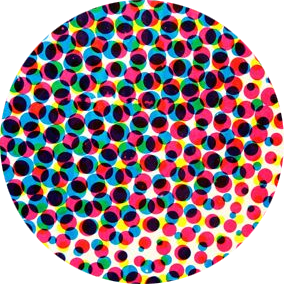“Paper Girls” and Cancer Experience

Despite the high-concept framing, Paper Girls *SPOILERS* can be seen to exist within a long and compelling tradition of comics narratives about cancer, with the series’ use of speculative elements providing new avenues by which to explore cancer as a concept. #papergirls 1/8



Stoddard argues that comics “figure the self as a visually dynamic presence that morphs from specificity to indeterminacy in response to physical, emotional, psychic, and/or social environments.” This multiplicity thus destabilizes the concept of the stable self. 4/8

“Changing representations of the same character from frame to frame – sometimes taken as a sign of a comics artist’s technical weakness – can argue against stable representations of the self, just as more overtly purposeful alterations in an image…” 5/8

“…refuse the fiction of the unitary, stable self and engage the morphing embodiment that distinguishes many cancer experiences.” This instability is greatly enhanced through the simultaneous representation of the characters at different ages and in different timelines. 6/8


The surreal nature of her situated experience (cancer caused, ironically, by the time travel itself) further displaces her experience from any representative burden. This isn’t THE cancer experience – it’s Mac’s cancer experience quite specifically individualized and embodied 8/8
